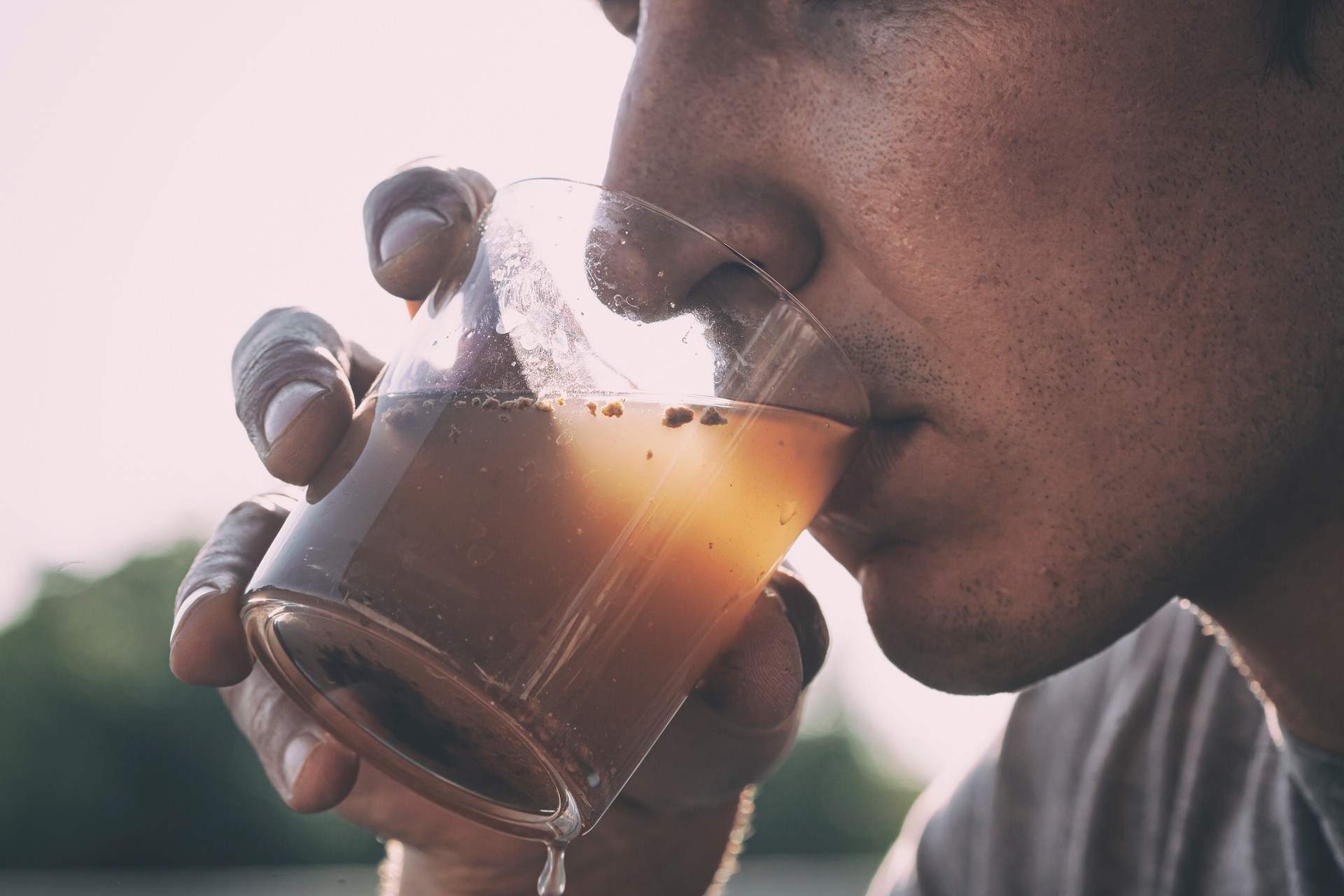The levels of chemicals found in the water at Base Camp Lejeune are speculated to be among the highest level ever seen in a public water system. For at least twenty-two years the water-supply systems at Camp Lejeune were contaminated with the industrial solvents trichloroethylene, vinyl chloride, perchloroethylene, and benzene. It is estimated that up to one million people were poisoned over the course of the contamination. The specific duration, intensity of the exposure, and extent of contamination remains unknown. Still, contamination is shown to have increased the risks of cancer, adverse birth outcomes, and other detrimental health effects.
In 1982, the Marine Corps reported their discovery of volatile organic compounds (VOCs) in the drinking water provided by water treatment plants at Base Camp Lejeune in North Carolina. These water systems were supplied by water treatment plants that served enlisted family housing, schools, unmarried service personnel, and recreational areas.
For decades the Marines have insisted the chemicals found in the water were not regulated at the time, but this is not true. The dangers posed by organic solvents were well known and reflected by the regulations at the time as other military bases closed wells tainted with solvents around this time. There was a rule that outlined safe disposal of hazardous wastes such as organic solvents and warned they could contaminate drinking water. Finally, after heavy pressure from veterans, residents, and veteran advocacy groups in 1985 the military shut down the wells that contained the contaminated water.
How the Water Became Toxic
Though the Marines insist they disposed of wastes consistent with common practice of the time, the Environmental Protection Agency (EPA) called Camp Lejeune a “major polluter” in the 1970s. In areas around the base waste was generated and discarded into roads, empty lots, forests, and waterways. The toxic waste was then taken by rains and thunderstorms down toward sea level before entering barracks, water wells, homes, and schools. Records also show the Marines dumped oil and industrial water into storm drains, buried potentially radioactive wastes, and placed a daycare at a former malaria shop where pesticides were mixed and stored.
One of the most significant sources of the contamination also came from a dry-cleaning business that dumped its wastewater laden with chemicals into drains. It is estimated that the business dumped approximately three gallons of waste each day. The owner would also use the toxic waste to fill potholes fin their parking before throwing the rest into the drains.
History on PACT Act of 2022
If you have certain health conditions caused by your exposure to the contaminated water at Camp Lejeune it is likely you have faced challenges when seeking benefits from the United States Department of Veteran Affairs (VA). Federal laws limited the compensation available to those diagnosed with cancer and other medical conditions from ingesting the contaminated water. In the past, non-veteran victims such as dependents and base camp workers were ineligible for damages or benefits for their injuries. Fortunately, much needed change is coming, and it will provide all victims with increased access to compensation as well as increased compensation.
The Honoring Our PACT Act of 2022 will provide all victims with an opportunity for remedies in a way that is different from the traditional path toward VA benefits. The bill address access to healthcare, presumption of service-connection, resources, and other matters related to those who were exposed to toxic substances.
What is Addressed by the Act?
When it is passed the bill will expand VA healthcare eligibility to millions of veterans exposed to toxic substance and establish a presumption of service connection for over twenty-three respiratory illnesses and cancers. Therefore, eliminating the requirement that veterans prove exposure to toxic exposure which often prevent many from accessing care and benefits. More specifically, the Act allows an individual, including a veteran to bring an action against the United States government for the harm caused at Camp Lejeune.
Speak to a member of our team today.

